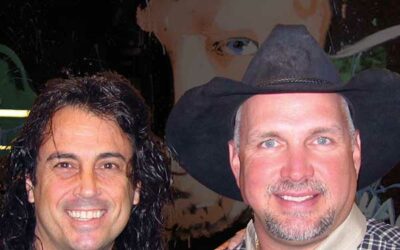Send us a Tentative Timeline
TASK: Send us a Tentative Timeline
SUMMARY: Michael Israel’s show team requires a tentative timeline to ensure a smooth and well-coordinated event. This timeline serves as a guide, outlining the duration and tentative start and end times for each crucial aspect of the event.
DETAILS: Below is an example with the usual times and durations.
- Load-in: As early as possible (20 minutes)
- Materials Assemble on or off stage: As early as possible (90 minutes)
- Setup on stage: As early as possible (45 minutes)
- Lighting check: Usually around 4 PM (15 minutes)
- Soundcheck: Usually around 4 PM (15 minutes)
- AV check: Usually around 4 PM (15 minutes)
- Spotter meeting: Usually around 5 PM (15-20 minutes)
- VIP Meet & Greet: Usually around 5 PM (20 minutes)
- On stage before Michael?:
- Michael Israel Showtime: Must be no later than 9 PM
- On stage after Michael?:
WHY?: Here are the reasons why a tentative timeline is essential:
1. Efficient Resource Allocation: With a timeline in place, the show team can allocate resources effectively. They can plan and organize the load-in process, ensuring materials, equipment, and props are transported to the venue as early as possible to have ample time for setup and assembly on or off stage, guaranteeing a well-prepared performance environment.
2. Smooth Stage Setup: By establishing a timeline, the show team can schedule the setup on stage promptly. This includes arranging instruments, props, and other necessary elements. With a designated duration of 45 minutes, the team can efficiently transform the stage into an optimal performance space, considering Michael Israel’s specific requirements.
3. Technical Checks: Lighting, sound, and AV checks are vital to ensuring a flawless performance. By scheduling these checks around 4 PM, the show team can verify the functionality of the lighting system, fine-tune audio levels, and ensure proper audio-visual integration. These checks, each with their respective durations, allow the team to address any technical issues and make necessary adjustments before the event.
4. Coordination of Auction: The spotter meeting, usually held around 5 PM, plays a crucial role in communicating with the auctioneer, managing the bidders, and ensuring a successful auction. By conducting this meeting, which typically lasts 15 minutes, our team can communicate roles, responsibilities, and protocols to the spotter team.
5. VIP Experience: The VIP Meet & Greet, with a duration of 20 minutes, offers an exclusive opportunity for VIP ticket holders to interact with Michael Israel and create a memorable pre-show experience.
6. Timely Performance: The showtime, which must not be later than 9 PM, is the single most critical element in the Works4Charity Program timeline. It ensures guests will stay energized and not leave before the art auction.
7. Post-Performance Considerations: To ensure an unforgettable conclusion to the event, it is essential to keep in mind that attendees, especially winning bidders and VIPs, will have a strong desire to come to the stage and have the opportunity to see the artwork and interact with the artist up close. This personal and intimate experience allows them to appreciate the artistry and capture memorable photos. By facilitating this interaction and providing access to the stage, you can create a lasting impression and enhance the overall event experience for your esteemed guests.
In summary, a tentative timeline is vital for Michael Israel’s show team as it enables efficient resource allocation, smooth stage setup, technical checks, coordination and safety, a VIP experience, timely performance, and post-performance considerations. By having a well-structured timeline, the team can execute the event seamlessly and deliver an exceptional experience to both performers and the audience.






0 Comments